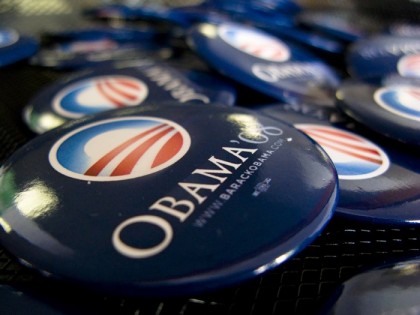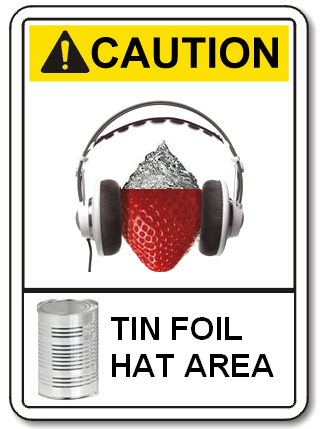 A year and a half after his November 4, 2008 election, the progressive left is, rightfully, up in arms over the lack of integrity President Barack Obama has shown across the gamut of burning contemporary political issues. These include, but are not limited to issues such as war, health care, secrecy, warrantless wiretapping, and environmental issues, among many others.
A year and a half after his November 4, 2008 election, the progressive left is, rightfully, up in arms over the lack of integrity President Barack Obama has shown across the gamut of burning contemporary political issues. These include, but are not limited to issues such as war, health care, secrecy, warrantless wiretapping, and environmental issues, among many others.
A healthy and flourishing representative democracy depends on an engaged citizenry standing up and demanding that their representatives represent them. President Obama said so himself at this year's Netroots Nation conference in Las Vegas in his desperate plea to show progressive activists that he is, indeed "one of them." It does not take a political guru to understand that this was a desperate attempt to garner support from progressive Democrats for the 2010 elections, who, according to soundbites his Administration pulled together from The Rachel Maddow Show and included in the video address to the attendees at Netroots Nation, have fought so hard for that magical buzzword he used so loosely in 2008: change!

 An organization called the "
An organization called the " A year and a half after his November 4, 2008 election, the
A year and a half after his November 4, 2008 election, the  The
The  Suddenly BP's oil disaster is getting an unusually high amount of positive publicity. Media reports are concluding that most of the oil has disappeared. The static kill has been successful at holding back the oil pressure, and the U.S. government issued a
Suddenly BP's oil disaster is getting an unusually high amount of positive publicity. Media reports are concluding that most of the oil has disappeared. The static kill has been successful at holding back the oil pressure, and the U.S. government issued a  Former
Former